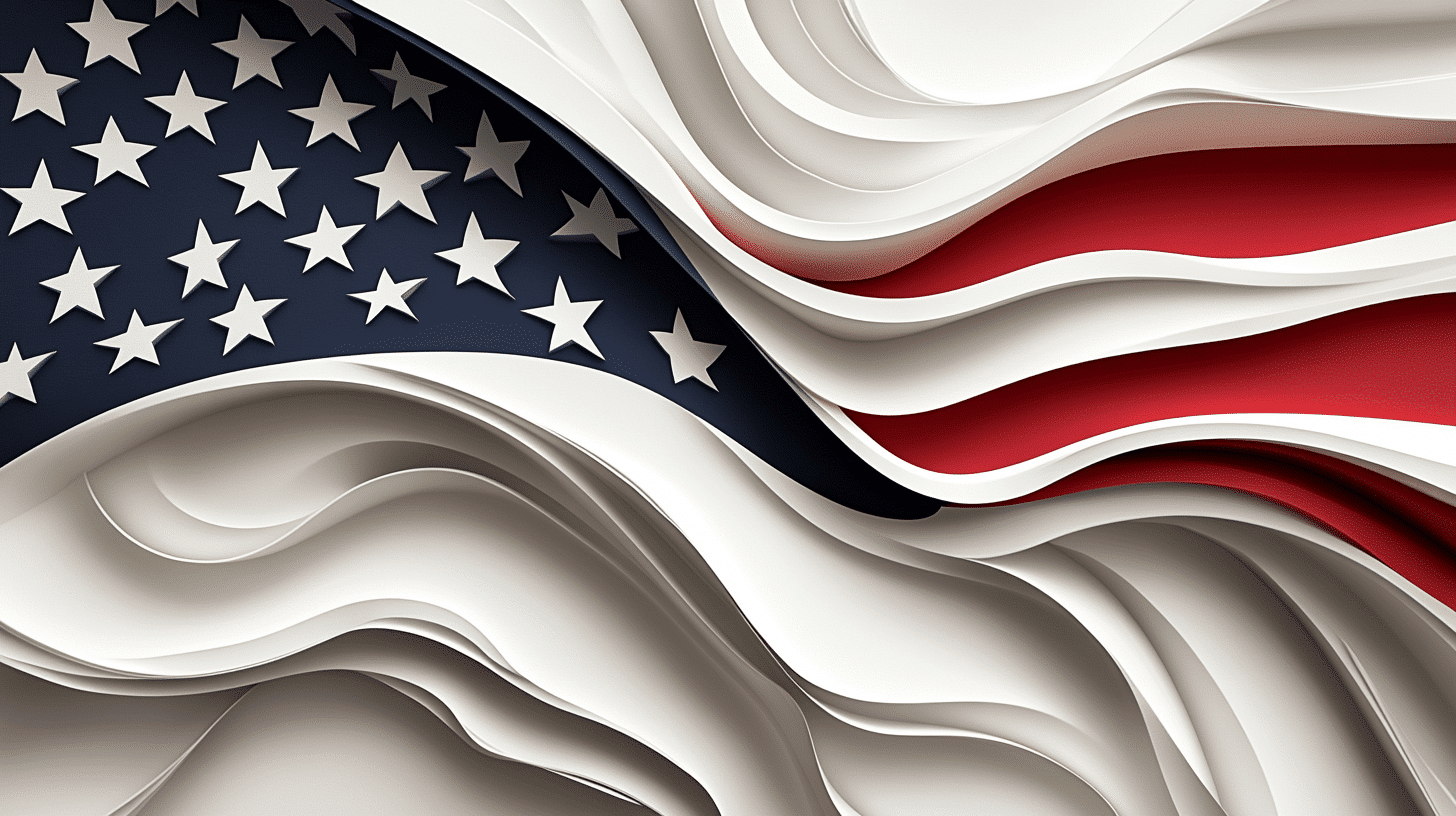What is Columbus Day?
Columbus Day is a federal holiday in the United States, observed on the second Monday of October. It commemorates Christopher Columbus’ arrival in the Americas on October 12, 1492, marking the beginning of European exploration and colonization. Initially established as a celebration of Italian-American heritage, the holiday has evolved into a day of both pride and reflection. For many, it celebrates the contributions of Italian immigrants to American society, but it has also sparked debates over the impact of European colonization on Indigenous peoples.
Over time, Columbus Day has faced increased scrutiny due to the negative consequences of colonization, with many Americans now viewing it as a day to reflect on the historical and ongoing injustices faced by Indigenous communities.
History and Origin
Columbus Day was first celebrated in 1792 to mark the 300th anniversary of Columbus’ voyage. However, it became an official holiday much later, when President Franklin D. Roosevelt declared it a national holiday in 1937, largely as a nod to the Italian-American community. Columbus was seen as a symbol of discovery and the promise of the New World, inspiring generations of immigrants, particularly those from Italy, who faced discrimination upon arrival in the United States.
In recent years, the holiday has become more controversial due to the growing awareness of the devastating effects of European colonization on Indigenous populations. As a result, many cities and states have begun to observe Indigenous Peoples’ Day instead, shifting the focus to celebrating the history and contributions of Native American cultures.
Who Celebrates Columbus Day?
- Italian-American Communities: Many Italian-Americans observe the day as a celebration of their heritage, recognizing Columbus as a figure representing their cultural contributions to the U.S.
- Federal Employees: Since it is a federal holiday, government offices, banks, and post offices are closed in observance of Columbus Day.
- Public Schools and Students: In many states, schools are closed, giving students a day off to either celebrate or reflect.
- Cities and Municipalities: Some cities host parades and other events commemorating Columbus, while others observe Indigenous Peoples’ Day.
- Historical Societies: Many organizations use the day to discuss and educate the public about Columbus’ voyages and their historical significance, both positive and negative.
Slogans and Themes
Slogans surrounding Columbus Day have often centered around themes of exploration and discovery. However, in recent years, new themes have emerged that reflect a more nuanced understanding of history. “Celebrating Exploration, Recognizing History” is one such modern slogan that acknowledges the spirit of discovery while inviting critical reflection. Other themes highlight cultural pride, particularly within the Italian-American community, while increasing attention is being paid to slogans like “Honor Indigenous Voices” as the holiday evolves in meaning.
Colors, Symbols, and Patterns
- Colors:
- Blue, symbolizing the oceans that Columbus crossed on his journey to the Americas.
- Green, white, and red, reflecting the colors of the Italian flag, as a tribute to Columbus’ Italian roots.
- Brown, representing the land and the idea of new territories being “discovered.”
- Symbols:
- Ships, particularly the Niña, Pinta, and Santa Maria, which symbolize Columbus’ historic voyage.
- Compass, representing exploration and the navigation of unknown territories.
- Italian flags, often waved during parades or events to honor Columbus’ Italian heritage.
- Patterns:
- Wave motifs, representing Columbus’ voyage across the Atlantic.
- Map designs, reflecting the geographical exploration and discovery of new lands.
- Stars and stripes, symbolizing the connection between the discovery and the formation of the United States.
Most Used Hashtags
- #ColumbusDay
- #IndigenousPeoplesDay
- #ItalianHeritage
- #DiscoveryDay
- #ChristopherColumbus
- #ExplorationHistory
How to Celebrate Columbus Day
- Attend a Parade: Many cities with strong Italian-American communities, like New York and San Francisco, host parades celebrating Columbus’ journey and Italian heritage.
- Reflect on History: Use the day to learn more about both Columbus’ voyage and the impact of European colonization on Indigenous peoples. Many educational resources are available for this purpose.
- Explore Local Museums: Many historical societies or museums offer exhibits related to the age of exploration, giving insight into both European and Native American perspectives.
- Celebrate Italian Culture: Enjoy Italian cuisine or attend cultural festivals that honor the contributions of Italian-Americans to U.S. society.
- Support Indigenous Communities: Participate in events celebrating Indigenous Peoples’ Day or contribute to causes that support Indigenous rights and heritage.
Columbus Day is a day of mixed emotions in the United States;both a celebration of exploration and a day to reflect on the complex legacy of colonization. As more states and cities embrace Indigenous Peoples’ Day, it opens an opportunity for deeper conversations about history, culture, and justice. Whether you’re celebrating or reflecting, it’s a day to understand how the past shapes the present.
